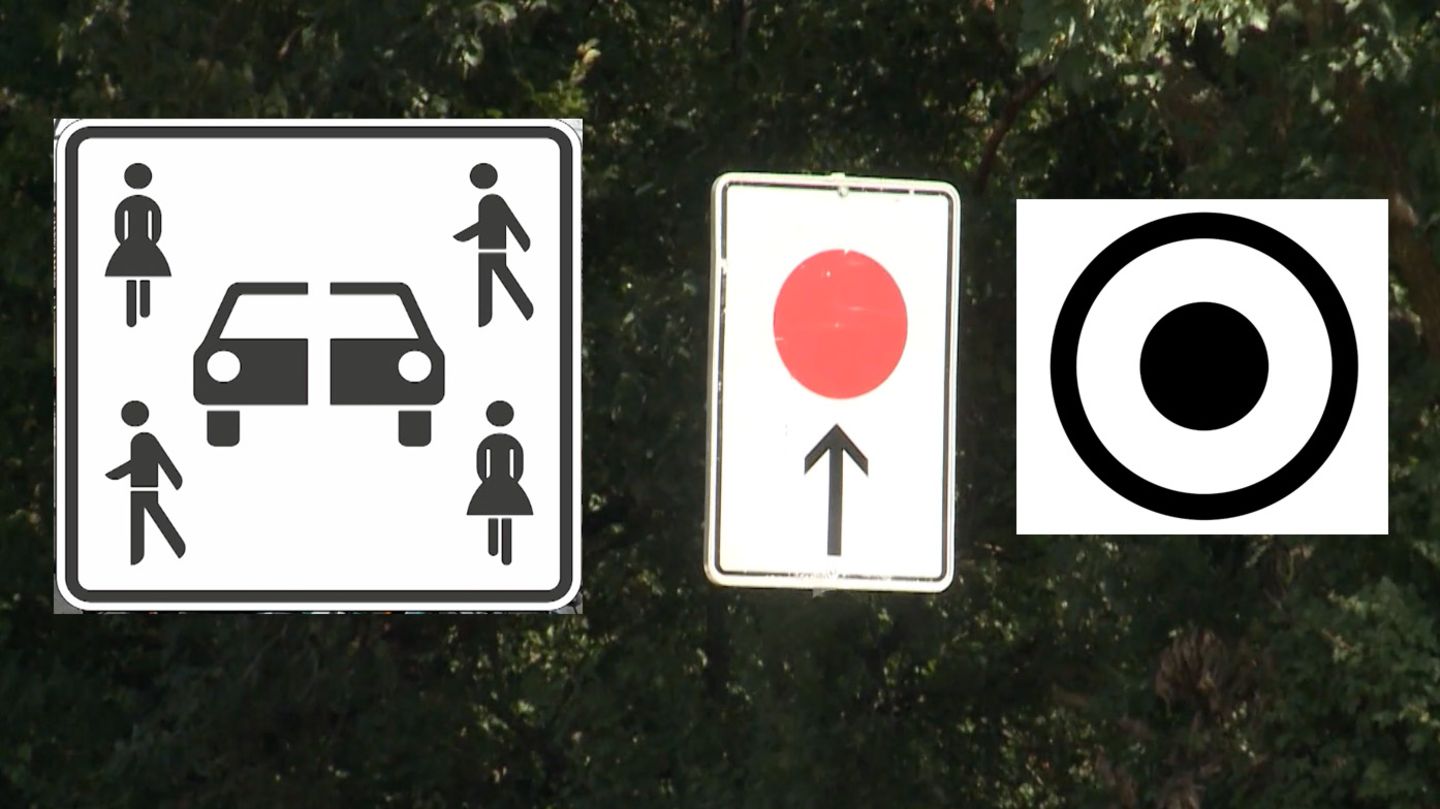The controversy Media law continues to generate tensions within the ruling coalition, although the Colorado Party – the one who put up the most resistance to the law – assured that he will give his votes in Deputies for approval but on condition that the Executive power go to article 72 of impartiality.
Earlier this month, the Colorados asked for the second time for the extension of the vote on the bill due to the internal disputes generated by the controversial Article 72previously, they had requested it to take place once the internal elections were over.
“It is a violation of the right of freedom of the press Yet the freedom of expressionwhich is sacred to us and we want to protect. But if we were to reject that article in the vote, we would be rejecting all the articles of the Senate’s amendments,” said the Colorado senator, Conrad Rodriguez, at the time.
Thus, this Tuesday the Chamber of Deputies will vote on the law with the support of the Colorado Party, who will give a vote of faith to the initiative hoping that the Executive Branch will finally veto article 72. The peculiarity of this vote is that, by passing to the third chamber with the modifications made in the Senate, the law must be voted on as a whole.
“If we vote no, nothing will happen, and we want the media law to be passed. We just raised objections to that article. After analyzing it with Colorado deputy Martín Melazzi, who actively participated in the discussion of this project, we decided to vote for it with the conviction that the president will veto it,” said deputy María Eugenia Roselló, coordinator of the PC bench to La Diaria.
The insistence of Cabildo Abierto
Last week, the leader of Cabildo Abierto and presidential candidate for that party, Guido Manini Ríos, assured that the law will be approved in the Parliament and that the Executive Branch will not veto Article 72.”
“It will be approved and I am convinced that there will be no veto. There is no reason to veto an article that proposes common sense: that political information should be serious and truthful. I think that no one can be hurt by that unless they are willing to provide information that is neither serious, nor truthful, nor proportionate,” he said.
“They will vote for it, I assure you, and it will not be vetoed by anyone,” he stressed and commented that “the Colorados are messing around but they will end up voting for this law no matter what.
Questions surrounding Article 72
International organizations such as the UN and Inter-American Press Association (IAPA) They warned the government about the controversial media law voted in the Senate, particularly for the article added by Town meeting which could involve censorship.
The Regional Office of the Unesco in Montevideo and the regional representative for South America, United Nations High Commissioner, Ernesto Fernandez Polcuch and Jan Jarab respectively, expressed their concern that the project had been processed without prior debate and because it is contrary to “international standards in the matter of freedom of expression”.
“We call on the members of the House of Representatives, who will vote on this bill, to promote international provisions of human rightsas well as its subsequent consideration in consultation with social actors, including media, journalists and their associations,” they added in a statement.
For its part, the IAPA expressed its “alarm and rejection” of article 72 of the media law. The organization claims that it was “added at the last minute to a project that imposes regulations on content.”
“It generated questions and rejection in the media, academics and press organizations, among other sectors, considering it a step backwards due to its possible negative effects on the exercise of freedom of expression and for violating international standards in this area,” he said.
Source: Ambito




